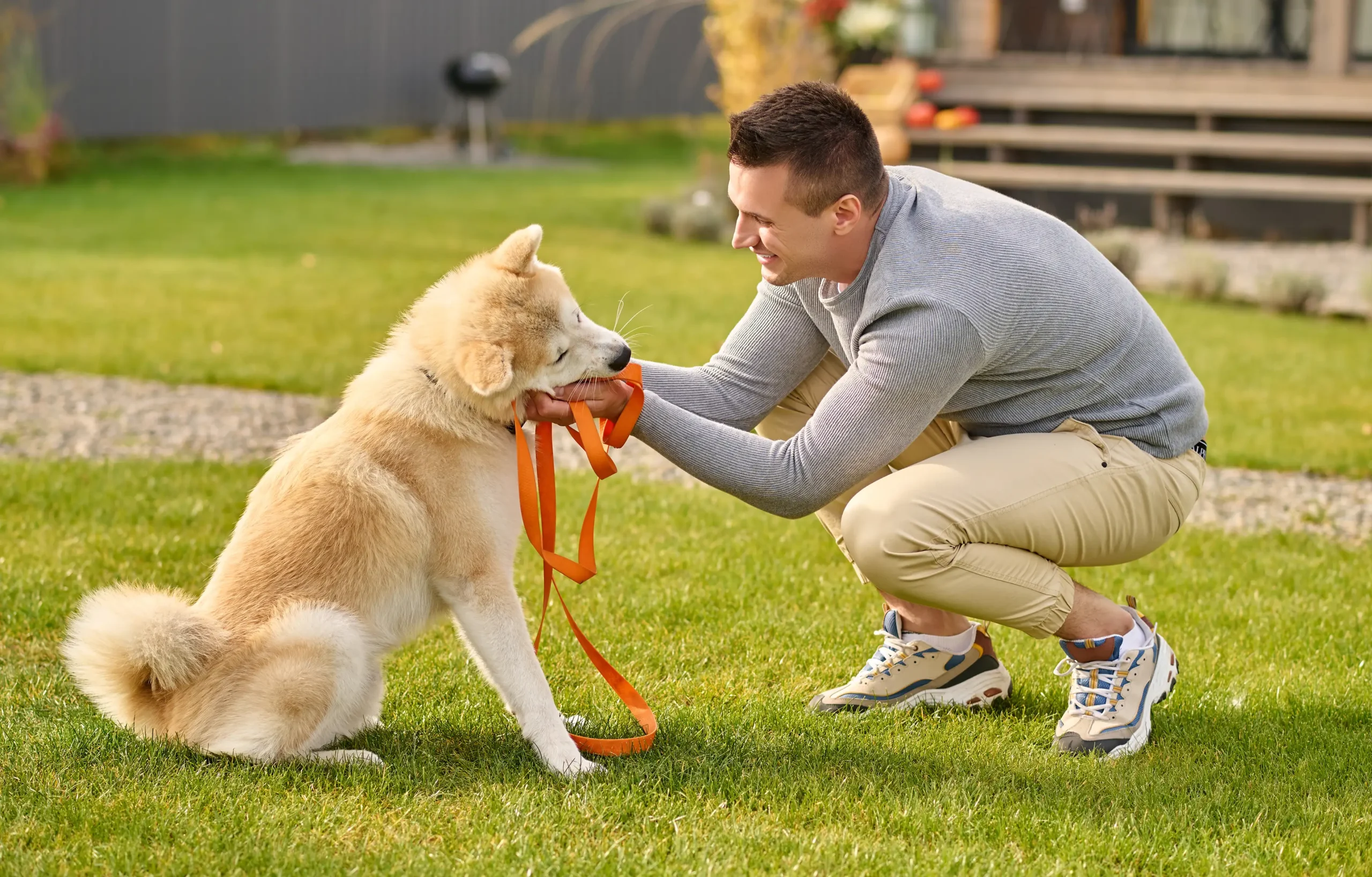Pro Tip: Start early and stay consistent!
Socialization (3–14 Weeks)
Expose puppies to diverse people, pets, sounds (traffic, vacuums), and surfaces (grass, tiles).
Use clicker training and rewards (freeze-dried chicken works wonders)—never punish.
Essential Commands
Life-Saving Skills: "Come" (prevents running off), "Stay" (for safety).
Daily Basics: "Sit" (before meals/outings), "Leave It" (stops chewing hazards).
Fix Destructive Habits
Teething Puppies: Offer antler chews (safe and calcium-rich). Redirect chewing with toys.
Separation Anxiety: Leave a worn T-shirt for comfort; use white noise machines when away.


2 Responses